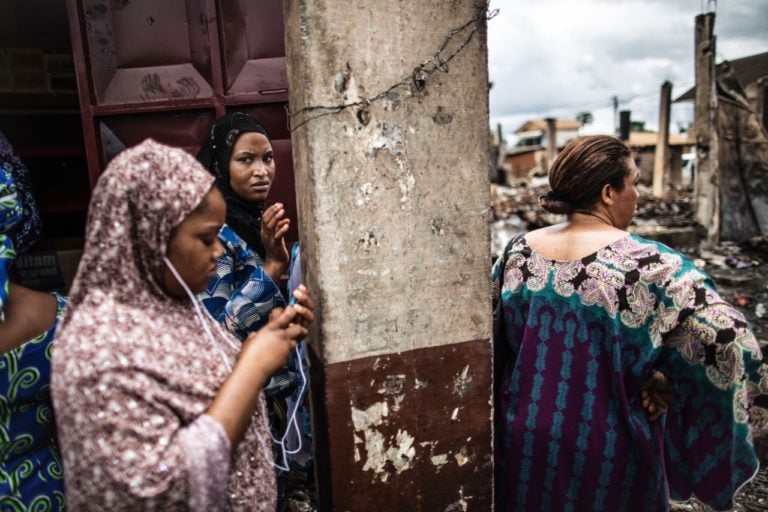(RSF/IFEX) – Reporters Without Borders calls for the immediate release of Norbert Ngoua Mezui, founder-editor of the privately-owned weekly “Nku’u Le Message”, and condemns the ploy which led to his arrest. “Putting a sentence which was never served back on the agenda, three years after the fact, is a blatant attempt at manipulation against Norbert […]
(RSF/IFEX) – Reporters Without Borders calls for the immediate release of Norbert Ngoua Mezui, founder-editor of the privately-owned weekly “Nku’u Le Message”, and condemns the ploy which led to his arrest.
“Putting a sentence which was never served back on the agenda, three years after the fact, is a blatant attempt at manipulation against Norbert Ngoua Mezui, coming as it does in the midst of a media saga pitting him against pro-government newspapers,” the worldwide press freedom organisation said.
“We are outraged at the way the police and justice systems have been made use of for political ends. The legal action against the editor of the weekly ‘Nku’u Le Messager’ should have been dropped because the timescale for a public lawsuit had been exceeded. He should be released immediately.”
Mezui was taken to prison to serve a 21-day sentence immediately after appearing before the state prosecutor on 18 October 2006. He had spent the previous night in a cell at the General Directorate of Research and the National Gendarmerie.
He was originally sentenced to 21 days in prison in 2003 for “defamation via the press”, based on a complaint by the treasury paymaster general after he wrote an article in the privately-owned bi-monthly “Misamu” saying that Equatorial Guinea was paying Gabonese officials’ salaries. He appealed but there were no further proceedings and he did not serve his sentence.
His lawyer, Francis Nkéa, said he should not have legally been pursued over the case since the statute of limitations was three years. The prosecution had apparently produced falsified documents to get around this.
The old case, which was dug up by the pro-government daily “Le Crocodile” in its 13 October edition, takes place against the background of an ongoing media conflict on the issue of Mbanié Island, which is currently dividing the Gabonese press.
The dailies “L’Union” and “Le Crocodile” stirred up controversy by accusing some ministers of corruption in the alleged sale of the oil-rich island to its neighbour, Equatorial Guinea. Menzui’s newspaper took the side of the communications minister, implicated by the two newspapers.


